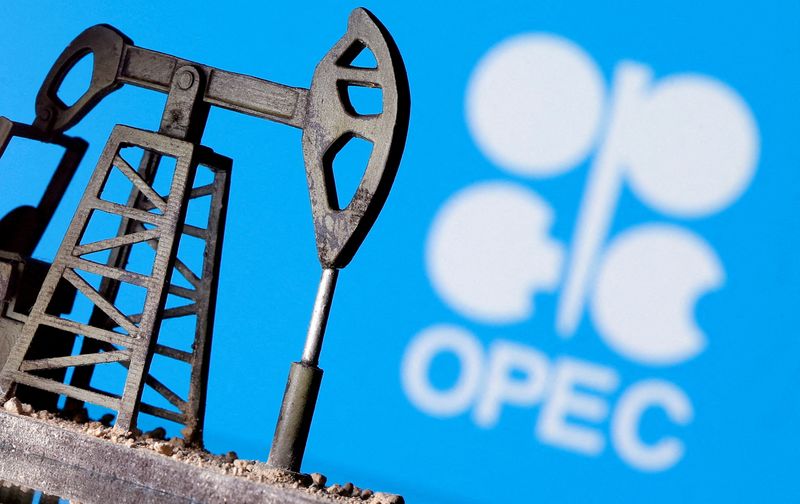On Monday, OPEC announced a reduction in its forecast for global oil demand growth in 2024, marking the third consecutive downward revision by the organization this year. The updated monthly report indicates that the global demand for oil is expected to increase by 1.93 million barrels per day (bpd) in 2024, a slight decline from the previous prediction of 2.03 million bpd. The revision highlights the ongoing uncertainty regarding global energy consumption patterns, especially given the divergent views among various forecasters about the dynamics of demand. A key point of contention remains the anticipated demand from China, alongside the broader transition to cleaner energy sources.
The downward revision predominantly reflects OPEC’s adjustment to its Chinese demand forecast, lowering it from 650,000 bpd to 580,000 bpd for 2024. While there are indications that government stimulus measures might bolster oil demand in China during the fourth quarter, the outlook for oil consumption faces significant challenges, primarily stemming from economic slowdowns and a shift towards cleaner fuels. OPEC pointed out that diesel consumption has remained weak, largely due to a deceleration in economic activities, including reduced activity in the construction and housing sectors. Additionally, there has been an increasing adoption of liquefied natural gas (LNG) as a substitute for conventional diesel fuel in heavy-duty transportation vehicles.
The report also included revisions for longer-term demand growth, with OPEC now projecting a 1.64 million bpd increase in global oil demand for 2025, down from a previous estimate of 1.74 million bpd. This reduction suggests a cautious outlook on the energy market, as anticipated shifts in consumption patterns continue to raise uncertainty. The adjustments in projections reflect OPEC’s response to evolving market conditions and reinforce the need for producers to adapt to changing global energy dynamics.
Moreover, the divergent outlooks among forecasters can be attributed to varying assessments of both the Chinese market and the global transition towards renewable energy sources. Some analysts remain optimistic about the growth in demand, citing potential recovery in post-pandemic economies, particularly in major consumer nations. In contrast, others express concerns about the sustainability of oil demand due to increasing regulatory pressures aimed at combating climate change and promoting renewable energy.
The mixed sentiments within the industry may be influenced by geopolitical factors as well. As countries navigate their energy policies in a context marked by both climate commitments and economic recovery efforts, the varying degrees of reliance on oil and gas further complicate demand forecasts. For OPEC, maintaining a balance between production levels and demand growth becomes crucial as they manage these complexities.
In summary, while OPEC continues to position itself at the higher end of demand growth estimates, the organization acknowledges significant challenges ahead. The adjustments to their forecasts underscore the volatility within the energy market, the implications of economic conditions in major consumer nations like China, and the accelerating pace of the shift toward cleaner energy alternatives. The interplay of these factors will undoubtedly shape the landscape of global oil demand for the years to come, as OPEC navigates a rapidly evolving market environment.

